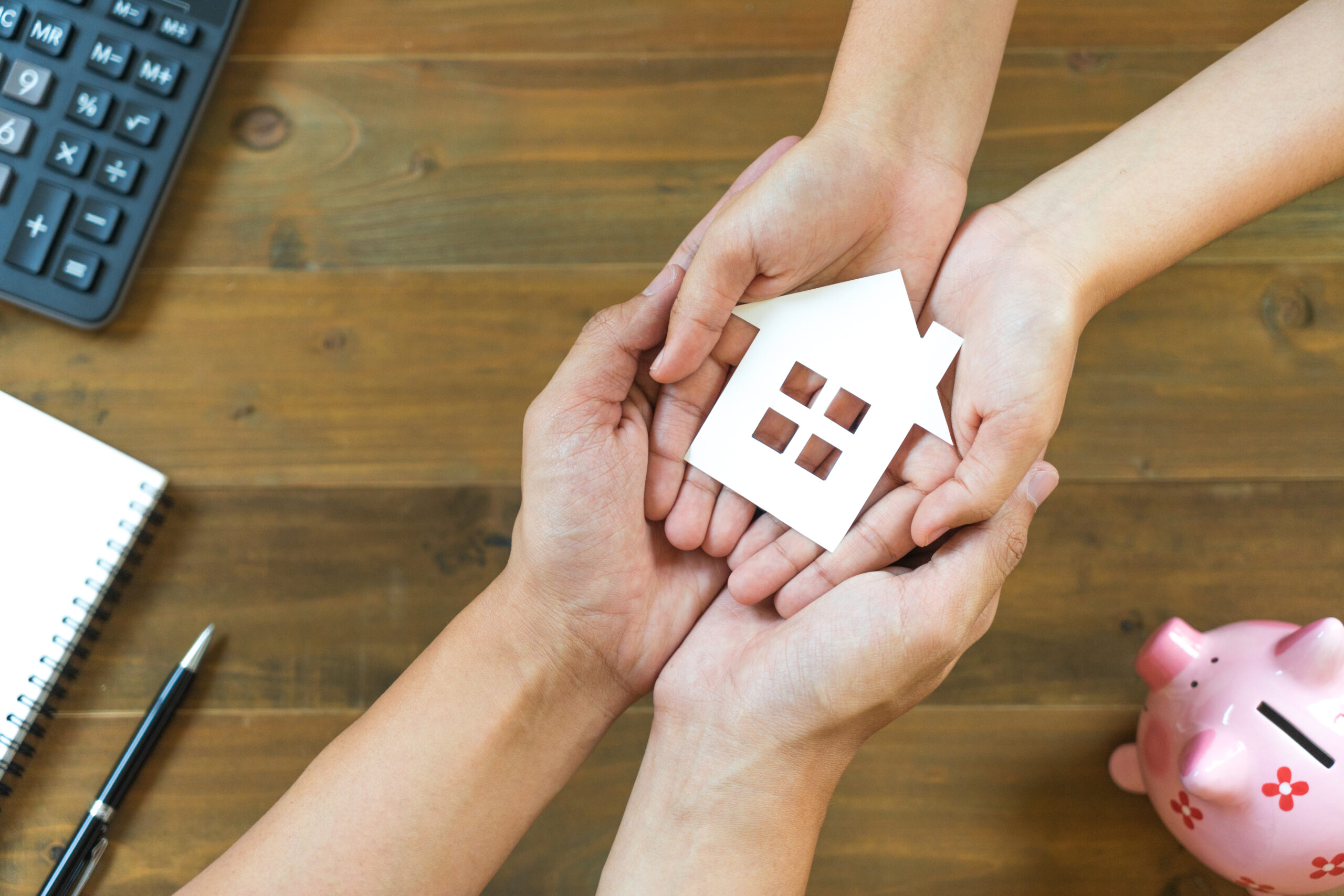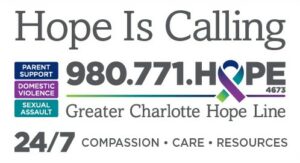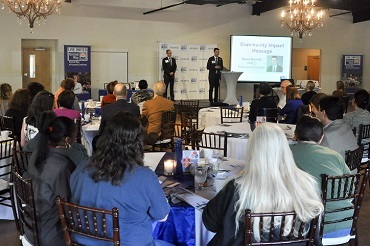
A United Thread: Safe Alliance
Our newest series, A United Thread, highlights the importance of pulling together to collectively serve our community through an unprecedented time. In each segment, we feature an organization awarded COVID-19 grant money through United Way of Central Carolinas.
As a result of the coronavirus crisis, our community’s most critical nonprofits are feeling the strain as they experience an increased demand for services while simultaneously navigating decreased financial resources. Within multiple counties across the Charlotte region, United Way of Central Carolinas established COVID-19 response funds in partnership with Foundation For The Carolinas, and with the support of corporations, local government and others to assist local nonprofits serving on the front lines.
In this segment, we connect with the staff of Safe Alliance to learn how the organization is navigating the pandemic.
 How has COVID-19 impacted Safe Alliance?
How has COVID-19 impacted Safe Alliance?
Safe Alliance: This outbreak has had a profound impact on the population we serve. The barriers to leaving an abusive situation prior to society’s new social distancing protocols were already high. Now victims face increased danger from controlling partners coupled with reduced resources (lost or reduced wages, reduced social supports, etc.).
During normal times, our 120-bed shelter stays at capacity. As expected, we noted a significant increase in the need for domestic violence-related services—including shelter for survivors in imminent danger—as well as a 45 percent increase in domestic violence-related calls to our 24/7 Greater Charlotte Hope Line, a hotline for Mecklenburg County residents in need of assistance with parenting issues, domestic violence or sexual assault.
How has the organization adapted the way it delivers on its mission during the pandemic?
Safe Alliance: Service delivery has been restructured to ensure business continuity as well as the health and safety of clients and staff. Our commitment to survivors is unwavering, and staff members have implemented additional safety planning and mental health techniques for survivors who cannot leave their homes.
We’ve had to adapt nimbly and take our services virtual to meet the increased need of victims of domestic violence in Mecklenburg County. All victim support—except residential services for survivors in imminent danger—has been offered remotely with existing/new HIPPA-compliant technology.
The Mecklenburg County Health Department mandated that we reduce shelter capacity from 120 to 75 for appropriate social distancing. On March 23, we moved 23 adults and their children to a county hotel where meals have been provided. New clients requiring shelter have been accommodated at hotels since that time.
We’ve also increased sanitation/cleaning and staffing (due to inability to use volunteers), purchased disposable supplies to serve meals in client rooms and purchased additional safety/hygiene supplies.
 How is Safe Alliance using the grant money it received through the COVID-19 Response Fund?
How is Safe Alliance using the grant money it received through the COVID-19 Response Fund?
Safe Alliance: The COVID-19 Response Fund grant money has been instrumental in allowing us to adapt our resources to be available remotely, particularly for vulnerable survivors unable to leave their homes.
These adaptations have included providing housing and basic needs for over 250 adults and children since mid-March; serving boxed meals to residents versus cafeteria-style dining; extending hours for hotline advocates operating the 24/7 Greater Charlotte Hope Line; providing remote advocacy and phone-based legal advice through our Victim Assistance Court Program and Legal Representation Program and providing telehealth counseling services for existing Sexual Trauma Resource Center clients.
Outside of COVID-19, what is something people should know about Safe Alliance’s partnership with United Way?
Safe Alliance: Safe Alliance’s partnership with United Way of Central Carolinas has provided unwavering support to those suffering from the profound trauma of domestic violence and sexual assault, the intensity of which is magnified by generational poverty and institutional racism. Together we have offered trauma-informed therapy to help victims heal and to build the protective factors that strengthen family resiliency.
We’ve also connected victims to resources to build stable homes. In addition, we have restored physical and emotional safety to victims and their non-offending loved ones through crisis intervention, safety planning, hospital accompaniment, emergency shelter and court advocacy.
Learn more about United Way’s COVID-19 response efforts here.



